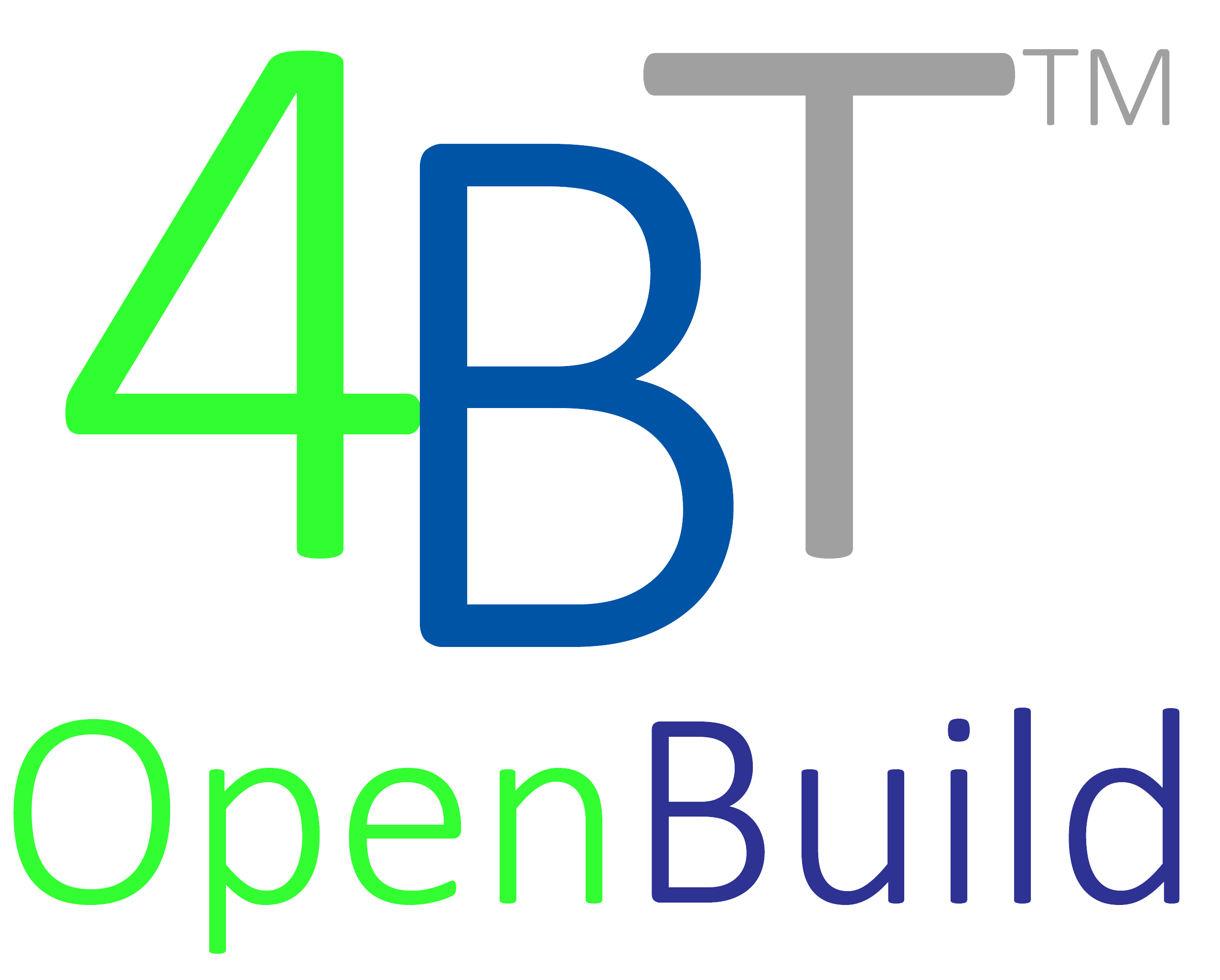Public sector facilities managers have a fiduciary responsibility is to secure maximum value for funding allocated for building and infrastructure repair, renovation, maintenance, sustainability, and construction.

Order Contracting can provide significant gains in productivity and improve quality, some government agencies. However, some public sector organizations are using JOC to simply bypass traditional procurement methods, or are ignoring EDGAR requirements.
The result is that benefits anticipated benefits to be gained by JOC have not materialized in these instances. In fact, excessive administrative costs, poor financial visibility and transparency, and increased potential for fraud have surfaced for improperly designed and managed JOC Programs.
For JOC to be successful, real property owners must be fully trained in JOC fundamentals, inclusive of LEAN principles, actively participate in JOC programs, and independently audit JOC projects and programs.
The exclusive use of JOC consultant to “manage” a JOC program, be paid a percentage of JOC construction volume, and be involved in approving JOC projects, is contrary to the core aspects JOC philosophy.
Governments can adopt various strategies to optimize resources and renovation, repair, and minor new construction projects. A JOC framework can certainly aid in that goal, if the process used is supported by independent, objective, and best value tools and best management practices.
